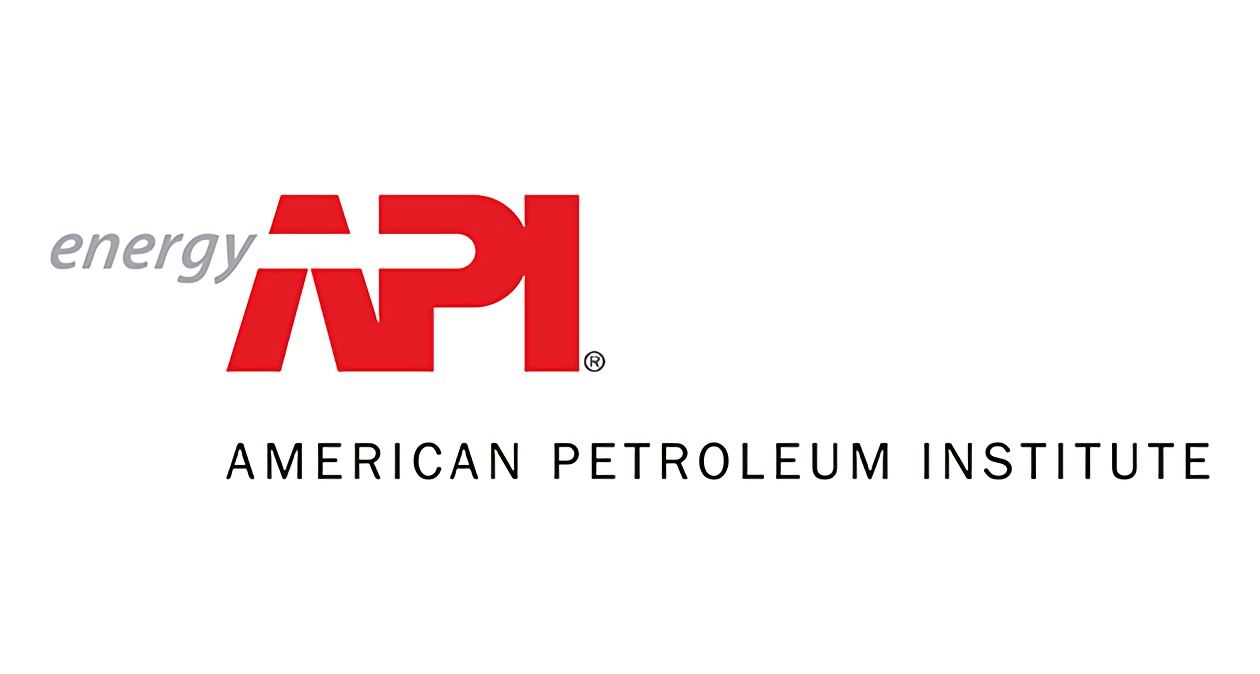TWS is a Great Training Option for Everyone
Learn more about how we can prepare you to advance your career.
For those interested in a career within the welding industry, an American Petroleum Institute (API) welding certification can be a valuable addition to welding training and experience. The API offers a total of eleven certifications, and API 577 Welding Inspection and Metallurgy Professional Certification is the most welding focused. This article will explain which welders would benefit from API 577 and how to obtain the certification.
Who Needs API Certification?
Generally, welders benefit by acquiring certification within their specific industry, so there is a specific population who would benefit from API 577 certification: those working with the fabrication and repair of oil refinery and chemical plant equipment and piping. The API notes that a certification will increase both earning potential and marketability for a job applicant. A welding certification ensures that your knowledge is both current and standardized, making you a safer and more effective hire. For those who have completed their welding degree program and gained some on-the-job experience, this certification can validate an industry-specific skill set—critical in a field in which precision is crucial.
In addition to API 577, welders may also be interested in some other certifications the API offers: API 510 Pressure Vessel Inspector, API 570 Piping Inspector and API 1169 Pipeline Construction Inspector. Specific criteria, such as varying levels of education and experience, must be met in order to qualify for each of these certifications.
What Are the Qualifications for API 577 Certification?
The qualifications for API 577 certification are based on your current level of education and experience, so it is useful to already have acquired a welding technology degree through a vocational program:
Have You Considered a Career in the Skilled Trades?
Fill out the form to recieve a no obligation info packet.
- If you have no formal education, you need to have four years of experience in the petrochemical industry.
- If you have a high school diploma or GED, three years of experience are required.
- If you have a 2-year technical degree, two years of experience are required.
- If you have a BS or higher degree in engineering, only a year of experience is required.
Your experience within the trade is required to be within the last decade. Further, the above requirements can be waived if you have an API 510, API 570 or API 653 certification already.
How To Prepare for API 577 Certification
The API 577 certification exam is a set of 70 questions, of which you must be able to answer 49 correctly. The tests are done through the Prometric computer system and are not open book; no materials may be brought in. The American Petroleum Institute suggests that those interested in certification practice with Welding Inspection and Metallurgy1, 1st Edition, October 2004. The content of the API certification test will be within this book and should be memorized to the best of your ability.
In addition to studying the book, individuals will need to be proficient in several types of welding, many of which can be initially learned in a vocational welding program like the one offered at Tulsa Welding School. As listed in Welding Inspection and Metallurgy, welding processes that will be tested include:
- Shielded Metal Arc Welding
- Gas Tungsten Arc Welding
- Gas Metal Arc Welding
- Flux Cored Arc Welding
- Submerged Arc Welding
- Stud Arc Welding
As with many certification exams, you should prepare for and schedule your API certification well in advance. Certification tests are not offered on a continuous basis but instead in specific testing windows spread out through the year.
The Path to API 577 Certification Starts with Welding Training
API 577 certification is a professional certification intended for those who are already trained and experienced, and it is of particular use for those who are interested in working in the petroleum industry. Tulsa Welding School (TWS) offers a comprehensive professional welding program that can start individuals on the path to this certification. To learn more, contact TWS today.
1. http://www.qcpage.com/component/attachments/download/21.html
This blog has been labeled as archived as it may no longer contain the most up-to-date data. For a list of all current blog posts, please visit our blog homepage at https://www.tws.edu/blog/







